Telehealth for Your Mental Health

Let’s face it – 2020 has been a bad year for mental health. Not only have our lives been upended by a deadly pandemic, one of the best ways to cope with the mental backlash has been affected as well. Attending therapy can be beneficial in many ways; however, during these challenging times therapy can provide additional support. Thankfully, telehealth is quickly becoming the new and accepted alternative to traditional as opposed to in-person therapy.
With the rise of secure streaming technologies, we can meet with our therapist while staying safe in the comfort of our own homes. Still, this can be different and sometimes require us to make adjustments if we’re going to get the most out of our telehealth sessions. Here are some tips to help make this transition a little easier:
Read more- Check to see if you have access to the right technology for your appointment. Different providers have different platforms they’re using to administer telehealth sessions. Do you need a computer? A microphone? A broadband internet connection? Speak with your provider beforehand and ensure you have the equipment you need to speak with your therapist.
- If you don’t live alone, finding a private place for your appointment can be difficult. You want to make sure others in your home cannot overhear your conversations. Ensure those you live with know you are having an appointment and ask them to respect your privacy by staying away from the room where you are having your session. Utilizing earbuds or headphones with a microphone attachment can be helpful for this as well. You won’t have to speak as loudly and you’ll be the only one who can hear your therapist. You can ask your housemates to put on headphones during this time as well (ask them to catch up on their latest podcast or listen to some music)
- Try to minimize distractions during your session. Turn off your phone, email, and any other notifications that could pop up during your appointment. Maximize the chat window so you don’t see anything on your desktop that could catch your attention. Also, remember to clear your physical space as well. Maybe leave yourself one thing to fidget with if that keeps you focused, but otherwise try to keep your space clear and clean so you can focus on your session.
- Since you are not “commuting” to and from your therapist’s office, allow time to decompress after your session. Sometimes that commute allows for a recovery time we don’t often consider, with that buffer removed from your therapy routine, you need to make time for a transition. Allow yourself 10 minutes after your session to listen to music, stretch, or do some yoga prior to return to normal household activities.
- Not commuting to therapy also allows individuals a greater chance of keeping therapy appointments because there are fewer obstacles to overcome. However, don’t allow these appointments to catch you off-guard just because of their convenience. There are still often penalties for missing an appointment. Set a reminder on your phone for a few minutes before the appointment to ensure you’re on time and prepared. The more you do this, the more of a habit it will become.
Remote Counseling Works!
We hope you are able to use these tips to make the most of your next telehealth therapy appointment. It’s incredibly important to take some time to nurture your mental health during this time of isolation and uncertainty. We hope you’ll take advantage of telehealth counseling, but there are also steps you can take to provide self-care. We encourage you to read up on our tips on how to stay “mental healthy” during the pandemic. Easterseals offers telehealth accommodations for some services so if you’re interested, please visit our website and let us know how we can help.
Do you have any other advice on how to make the most of telehealth appointments? Please leave your thoughts in the comments below.

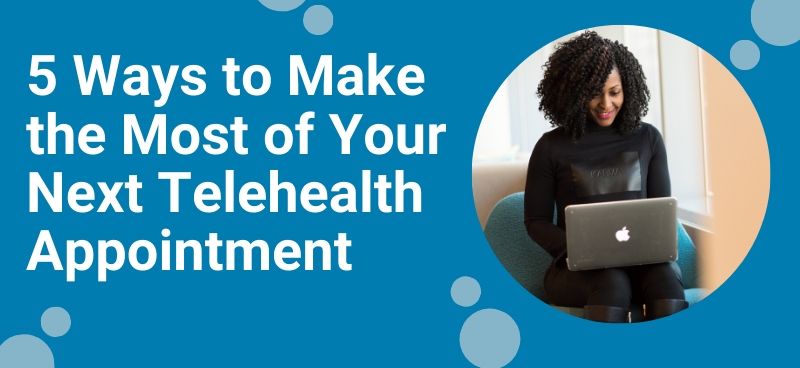
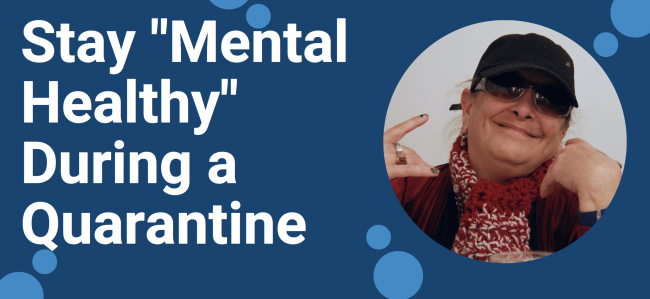

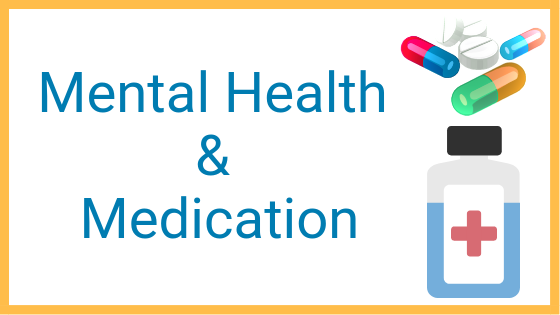
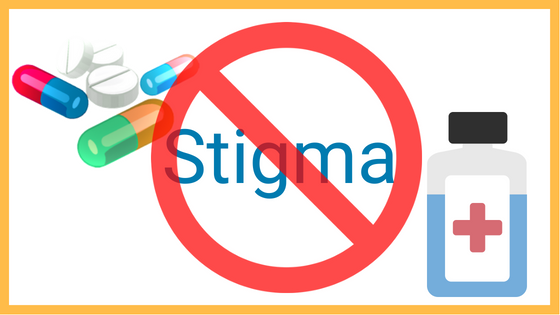
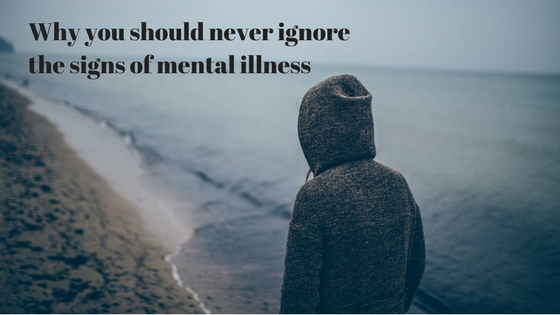
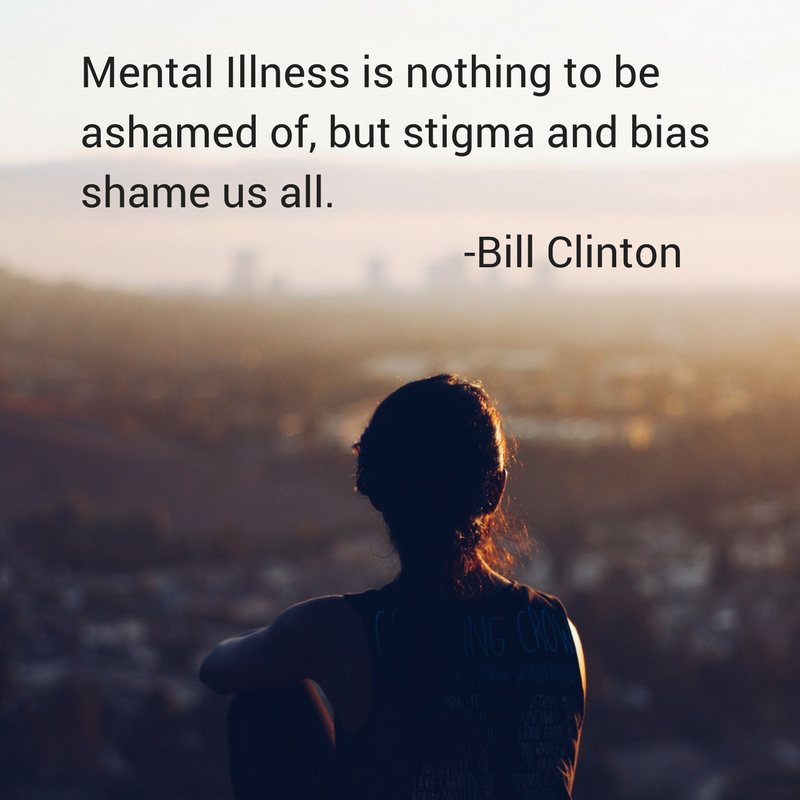
 Work, family and daily responsibilities… are these familiar points of stress in your life? You are not alone, as these are common stressors we often experience in our daily lives.
Work, family and daily responsibilities… are these familiar points of stress in your life? You are not alone, as these are common stressors we often experience in our daily lives.
 Three-quarters of sufferers are women.” Still, I’m sure anyone can relate with the affect less daylight, colder temperatures, and inclement weather can have on our moods. With that being said, what about those that already have a mental health diagnosis?
Three-quarters of sufferers are women.” Still, I’m sure anyone can relate with the affect less daylight, colder temperatures, and inclement weather can have on our moods. With that being said, what about those that already have a mental health diagnosis?